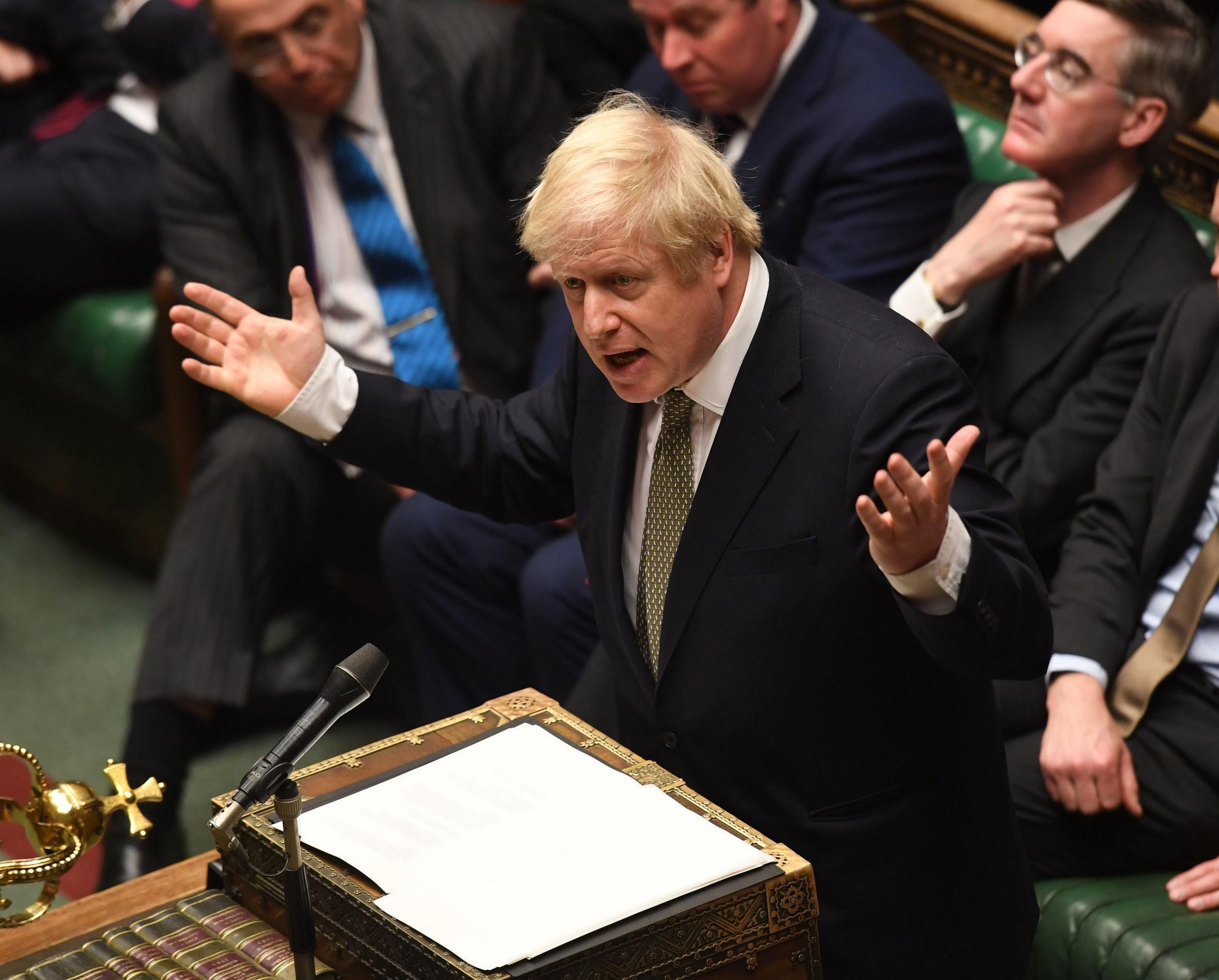I made a lot of political predictions in 2019 – and I learned something important from what I got right, and wrong
The gap between triumph and disaster for the Tories was narrow once upon a time. I didn’t realise how drastically things would turn around for the party


Now is a good time to look back and try to learn from what I got wrong in 2019. I made a lot of predictions, not all of which were right.
Early in the year, for example, I thought Britain was never going to leave the EU. I thought the hung parliament would be permanently blocked. The Conservatives, without their own hardline Eurosceptics and the DUP, would not have a majority for their Brexit. Labour would not be able to put a majority together for a referendum. And nobody would want to vote for an election.
I misjudged Boris Johnson’s political skill. I thought his promise to get Britain out of the EU on 31 October, come what may, would lead to humiliation when it was the key to the opposite. It was a symbol of intent, not a promise.
On the other hand, on the day before he became prime minister, I did set out how he might succeed: by going all-out for Brexit, and then, when parliament blocked him, engineering an election “asking for a mandate to take us out”.
I was confused by his mistakes. He suspended parliament unlawfully and pointlessly – it was too late, as Hilary Benn had already passed his act to prevent a no-deal Brexit.
Having also assumed that Labour MPs would vote for an early election – which they refused to do, worried about losing their seats – Johnson was fortunate that Jo Swinson finally decided to gamble all on voting for one. Perhaps, though, he made his own luck – by negotiating a new Brexit deal and winning a vote on it, which persuaded the Lib Dems that an election was their only chance of keeping us in the EU.
I give myself (and William Hague, who wrote a biography of Pitt) credit for seeing the parallels between Johnson and Pitt the Younger, who also took over a government with no majority in parliament and who also used his personality and the leverage of public opinion to achieve dominance.
The gap between triumph and disaster for Johnson was a narrow one. I didn’t realise how much he – and Dominic Cummings – would be able to turn things round for the Tory party through force of will.
But when the election came, I was pretty sure Johnson would win it. I tried to emphasise uncertainty, although I pointed out that a big majority was more likely than anything close to a hung parliament – and that a properly hung parliament in which Corbyn would be prime minister was extremely unlikely.
Yours,
John Rentoul
Chief political commentator
Join our commenting forum
Join thought-provoking conversations, follow other Independent readers and see their replies
Comments